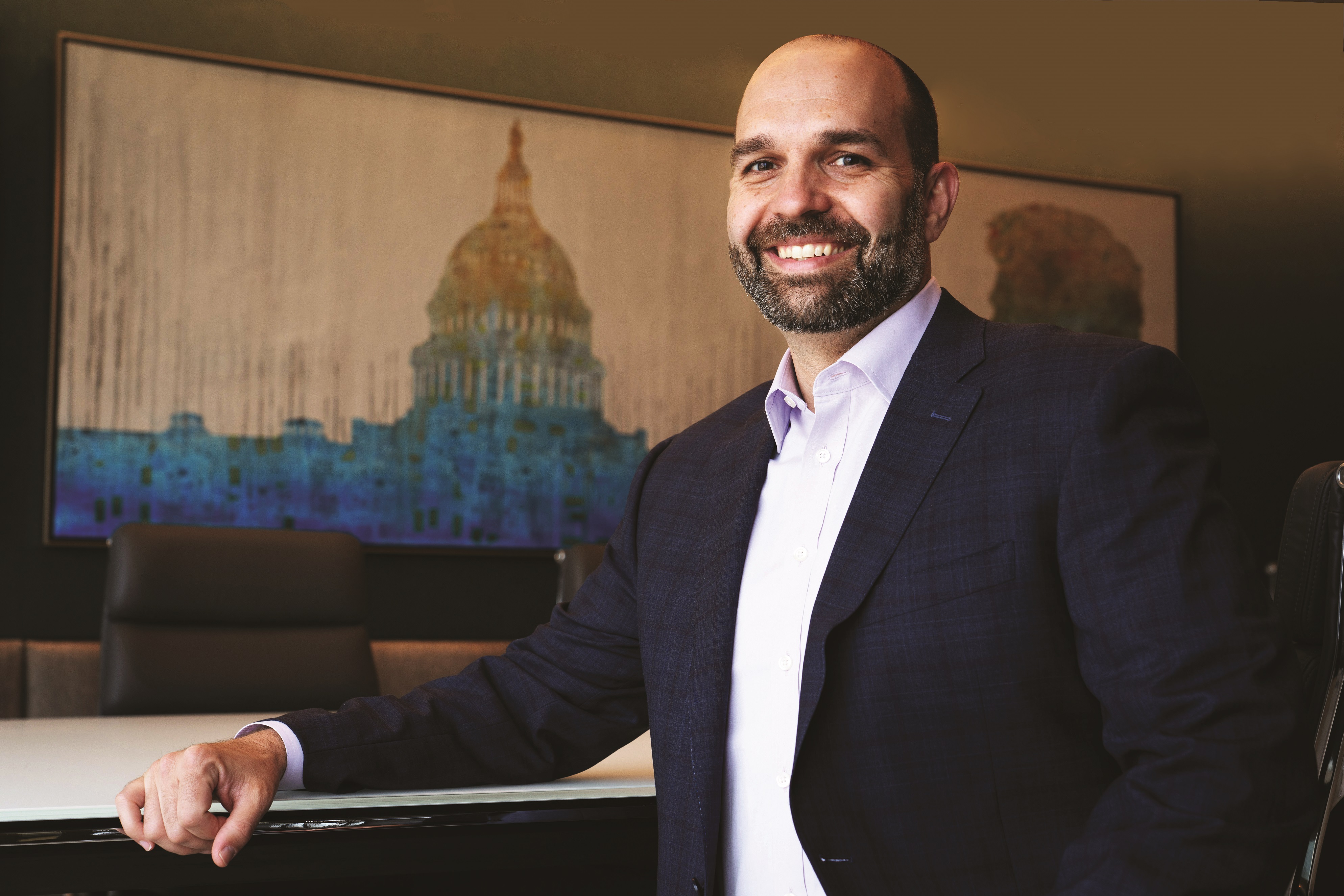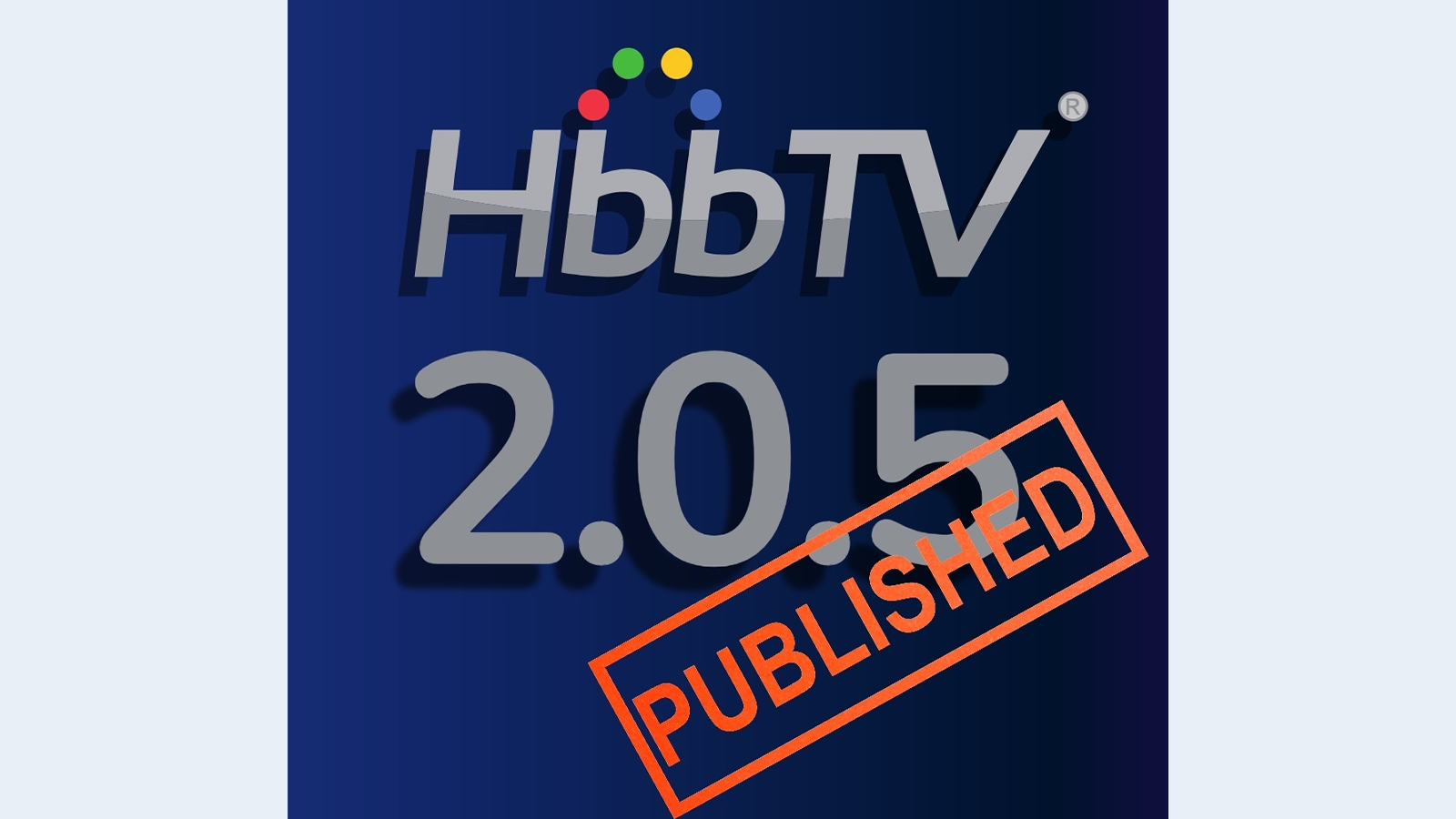NAB’s LeGeyt: FCC’s Merger Review Process Puts Local Media “in Jeopardy”
LeGeyt said the FCC’s lengthy review of the Tegna deal hurts investment in local media and sets back media diversity

The professional video industry's #1 source for news, trends and product and tech information. Sign up below.
You are now subscribed
Your newsletter sign-up was successful
WASHINGTON, D.C.—Curtis LeGeyt, president and CEO of the National Association Of Broadcasters has issued a strong rebuke to the FCC regarding its handling of Standard General’s proposed acquisition of Tegna.
LeGeyt’s criticism follows a number of others who have expressed concerns about the FCC’s unwillingness to quickly act on the deal, which was proposed more than a year ago. The deal is set to unravel unless it is approved by the FCC by May 22, when Standard General’s financial commitments to fund the deal expires.
“Earlier this week, U.S. Senator Bob Menendez (NJ) took to the Senate floor to express his concerns over the Federal Communications Commission’s review of the proposed Standard General – Tegna transaction,” LeGeyt noted in a blog post. “He is the latest in a chorus of alarm bells sounding over a flawed merger review process that risks undermining both investment in local television stations’ free service to the public and media diversity.”
Unlike the Justice Department’s Antitrust Division, which has already reviewed the proposed acquisition and did not challenge the deal, LeGeyt said “FCC dragged its feet, substantially exceeding its self-imposed 180-day review period and causing a great deal of uncertainty for the parties involved. Then, the Commission’s Media Bureau surprisingly announced that it was designating the transaction for a hearing before an administrative law judge. That decision – made approximately one year after the acquisition was announced without a vote from the FCC Commissioners themselves – sent this deal to a regulatory purgatory from which no transaction has ever returned.”
While the NAB does not take a position on potential deals by specific broadcasters, LeGeyt added that “the FCC’s actions raise serious concerns about the future of ALL broadcast transactions which may have a profound impact on broadcast viewers.”
LeGeyt also complained that the decision to refer the deal to an administrative judge was made by FCC staff members, not a vote by Commissioners “who should be making the critical decisions that can impact the broadcast industry and the hundreds of millions of viewers who rely on this free service.”
“Second, the drawn out review of this transaction for nearly a year demonstrates that the FCC’s self-imposed 180-day shot clock is nothing more than an illusion,” LeGeyt added. “The failure to abide by this self-imposed timeframe, which is intended to streamline the process, has real-world consequences for merging parties, as well as for the entire broadcast industry,” making it harder for them to “to respond to a rapidly changing marketplace. At a time when broadcasters face increasing competition from big tech behemoths that have little to no regulation, this inaction by the FCC further disadvantages these broadcasters and the public who rely upon them. It can also discourage companies from pursuing mergers that could help them better compete and better invest in the critical local journalism they provide.”
The professional video industry's #1 source for news, trends and product and tech information. Sign up below.
LeGeyt also slammed the “the current amorphous `public interest’ review standard in this case” that allowed “the Commission to justify its actions by ad hoc concerns unrelated to its mandate, while at the same time deprioritizing the fact that the transaction “would make Tegna the largest minority-owned broadcast station group in the country,” as Senator Menendez noted in his remarks.”
This case, he concluded “has exposed the flaws in the current system of transaction review, and it is our hope that FCC will reverse course and correct this miscarriage of justice. We must create a more transparent, fair and predictable environment that allows broadcast companies a fair chance to compete in the marketplace and continue serving the public. Otherwise, the critical local journalism that broadcasters provide is in jeopardy.”
George Winslow is the senior content producer for TV Tech. He has written about the television, media and technology industries for nearly 30 years for such publications as Broadcasting & Cable, Multichannel News and TV Tech. Over the years, he has edited a number of magazines, including Multichannel News International and World Screen, and moderated panels at such major industry events as NAB and MIP TV. He has published two books and dozens of encyclopedia articles on such subjects as the media, New York City history and economics.

